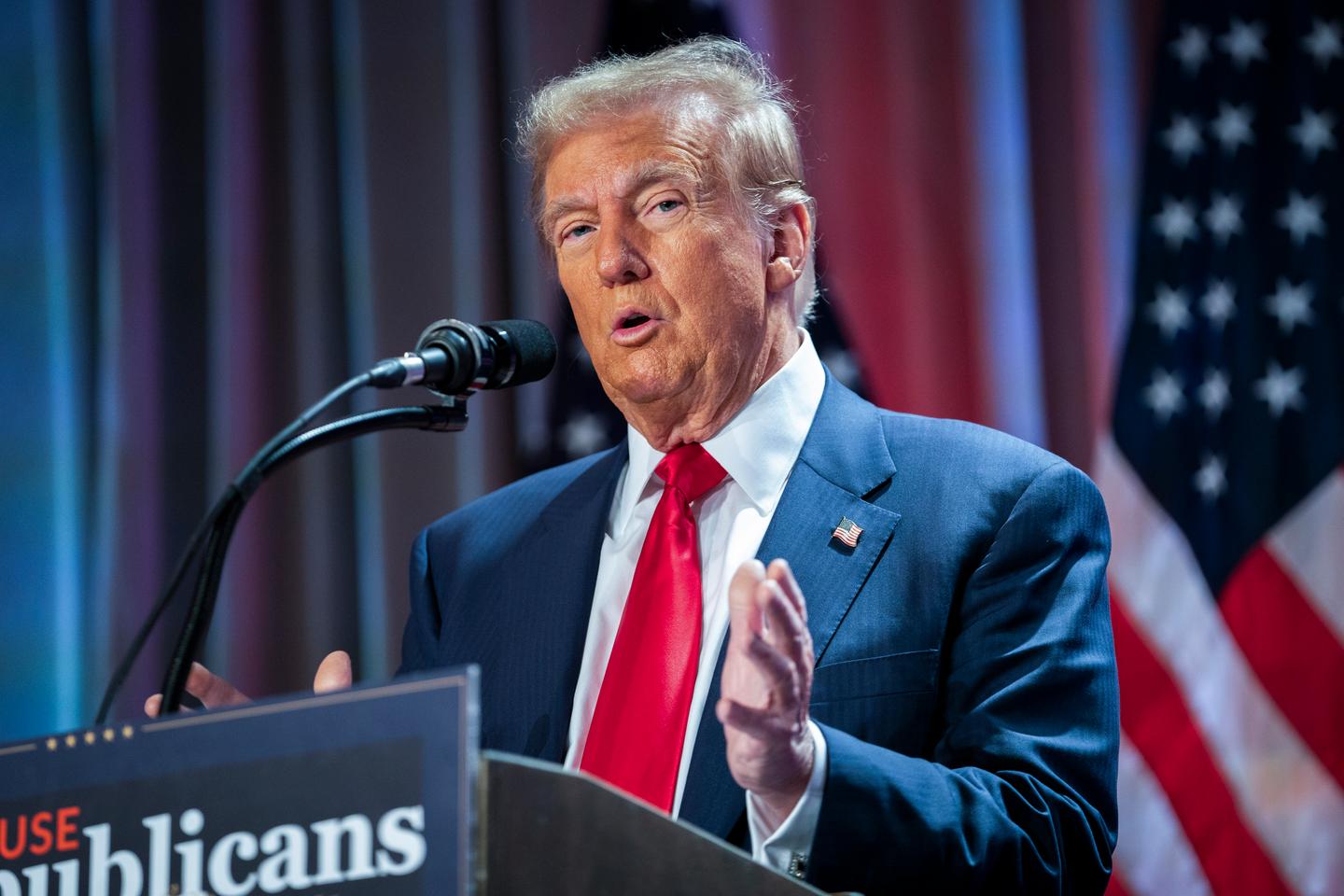


Donald Trump won't be taking up residence in the White House for another two months, but the great global wheeling and dealing he promised during his election campaign, in order to put the United States' interests first, has already begun. In a post published on Monday, November 25, on his Truth Social network, he threatened Canada and Mexico with 25% tariffs on their exports if they don't put an end to drug trafficking and illegal immigration to the US.
He has also threatened China with a new 10% tariff, on top of the 15% rate that has already been in force since 2018, urging Beijing to do everything in its power to stop exports of the active ingredients used in the illegal manufacturing of fentanyl, an opiate that is responsible for tens of thousands of deaths in the US every year.
Once again, Trump has demonstrated his penchant for simplistic and expeditious solutions to complicated issues. Just as he claims to be able to reach a peace deal between Ukraine and Russia "in 24 hours," he also believes that Mexico and Canada have the power to "easily solve" the problems of illegal immigration and drugs.
Even if, at this stage, it's only a threat – the details of which are still unclear – the method is tried and tested. Trump honed this strategy, which is based on using blackmail to obtain his desired outcome, when he was a real estate businessman in New York. The president-elect is convinced that it can also be applied to bilateral relations between nations. However, using tariffs as a diplomatic tool seems like a gamble, one likely to cause major economic disruption without guaranteeing that the targeted flows will stop.
Protectionism
During his first term, Trump was already a proponent of protectionist power politics, the results of which were not tangible. While tariffs had been intended to reduce the US trade deficit, this deficit increased by a quarter under his presidency. Trade with China did fall, but the customs barriers put in place were circumvented. Chinese companies have massively relocated their production to other manufacturing hubs such as Mexico, Vietnam, Taiwan and Malaysia.
Tariffs are not very effective in rebalancing the balance of trade, but they can have a negative impact on the economy. They raise production costs and consumer prices. Given the interlocking nature of the US economy with the economies of Mexico and Canada, the inflationary effects on agricultural products, metals, oil and the automotive industry could be spectacular. While Trump won his election on the theme of fighting inflation, his policies, paradoxically, risk reviving it.
The man is no stranger to contradictions. His initiative undermines the USMCA trade agreement, which he himself had negotiated with Mexico and Canada, in 2020. At the time, he had been tempted to abandon free trade with these two countries. Yet, at the last minute, his secretaries of agriculture and commerce convinced him that this would be detrimental to farmers and border states. The question is whether, in two months' time, the president will be able to demonstrate the same pragmatism.
